Why does Switzerland have so many billionaires?

Located in Central Europe, Switzerland is famous for its Alps, cheese, and watches, and is also known as the headquarters of many international organizations. Switzerland is said to be one of the countries with the most billionaires in the world, with personal assets exceeding $1 billion (about 15.8 billion yen). CNBC International, a YouTube channel operated by the foreign media company CNBC, explains the question, 'Why does Switzerland have so many billionaires?'
When you think of Switzerland, many people think of fine cheese, luxury chocolate and snow-covered mountains, but some may also think of it as one of the richest countries in the world.

With one billionaire for every 80,000 people, Switzerland has the third highest billionaire density in the world, trailing only Luxembourg and Hong Kong.

When people in Switzerland were asked, 'Do you know any billionaires?' one man replied, 'I personally know many billionaires and millionaires (people with personal assets of more than $1 million).'

Another man commented: 'Oh no, I don't know. There are plenty of millionaires but no billionaires.'

The young woman replied, 'No, I don't know him at all! I wish I knew him,' suggesting that billionaires are not someone she is particularly familiar with.

However, the average net worth of the Swiss is about $700,000, making them one of the richest countries in the world, surpassing those of the United States and Hong Kong.
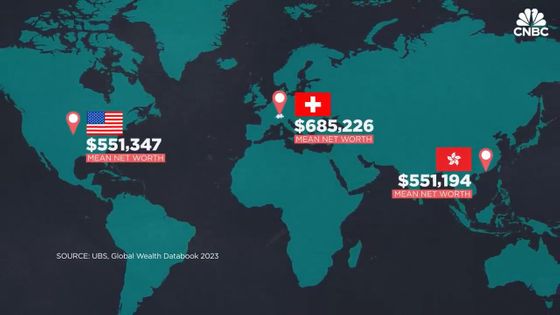
'Income distribution in Switzerland has remained relatively stable over recent decades and the country is less unequal than many other countries,' says

According to a woman walking through the streets of Switzerland, while the average person certainly lives a fairly comfortable life, there are also poor people and extremely wealthy people. 'The difference is huge,' she commented.

As of 2022, Switzerland will have an estimated 110 billionaires, more than other super-rich countries such as Saudi Arabia, Singapore and the United Arab Emirates. The combined net worth of Swiss billionaires is estimated to be $338 billion.
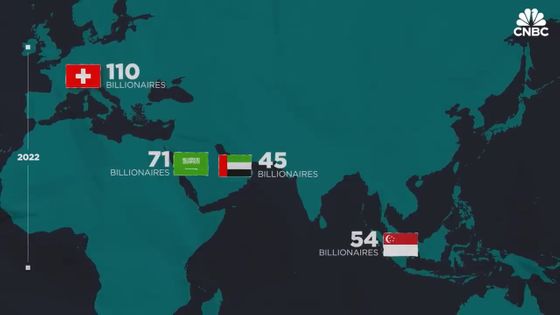
Switzerland's billionaire residents include

Switzerland is one of the most politically stable countries and has a good reputation for political neutrality. This translates into the advantage that personal assets are less likely to be threatened by sudden leadership or policy changes. Switzerland also has an attractive tax system, applying low tax rates to both individuals and corporations. This gives Switzerland a competitive advantage. Scheuer explains, 'Tax is one of the key aspects for the wealthy. Very wealthy individuals do not earn income from work, but tend to earn most of their income as capital income or
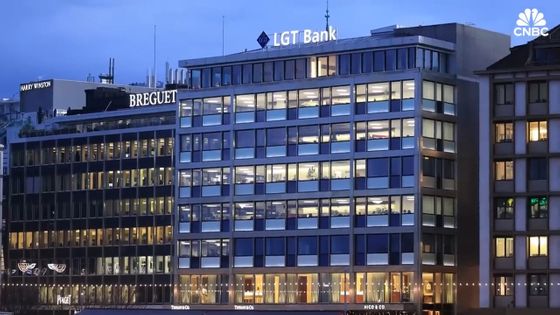
Instead, Switzerland is one of the few countries in Europe that imposes
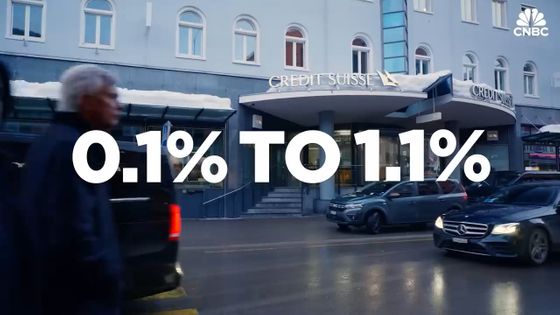
This wealth tax is levied by each canton that makes up Switzerland, and each canton can set its own tax rate. By setting a low wealth tax, for example, cantons can compete with each other to attract the wealthy.

Additionally, the value of
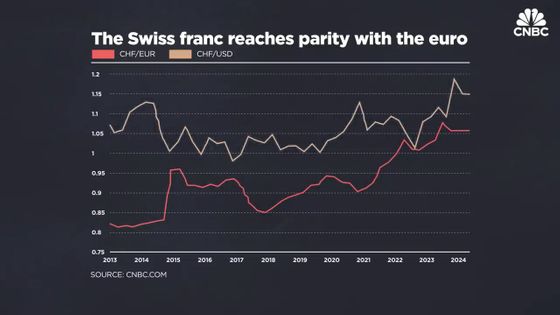
Another industry that symbolizes Switzerland is
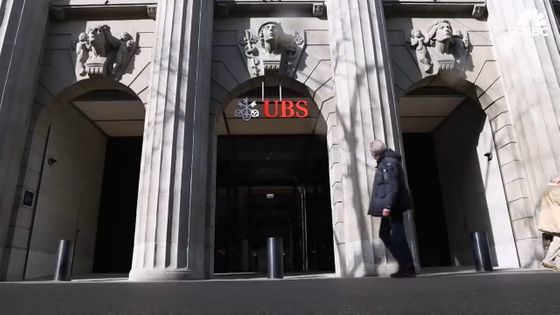
The concentration of assets among the super-rich is becoming a growing concern worldwide. According to a report released in 2024 by

Although there is a gap between the super-rich and the relatively poor in Switzerland, the country scores highly in indicators of livability and social cohesion.

This is likely due in large part to Swiss social policies and labour laws that ensure a decent standard of living for those who are less well off. As one Swiss man commented, 'Maybe it's an important element of our society that we have a social structure that allows people who don't earn that much to live comfortably.'

Related Posts:
in Video, Posted by log1h_ik







